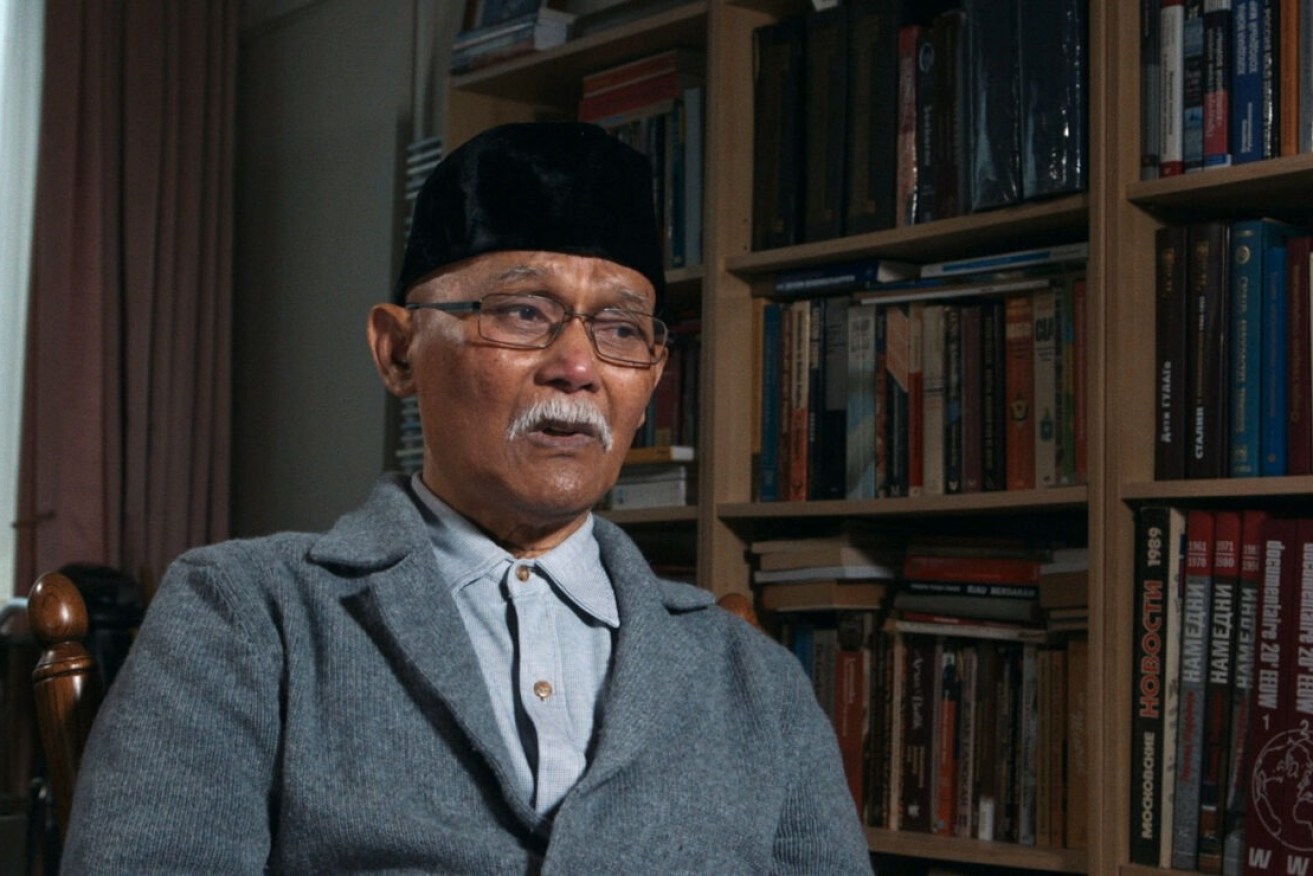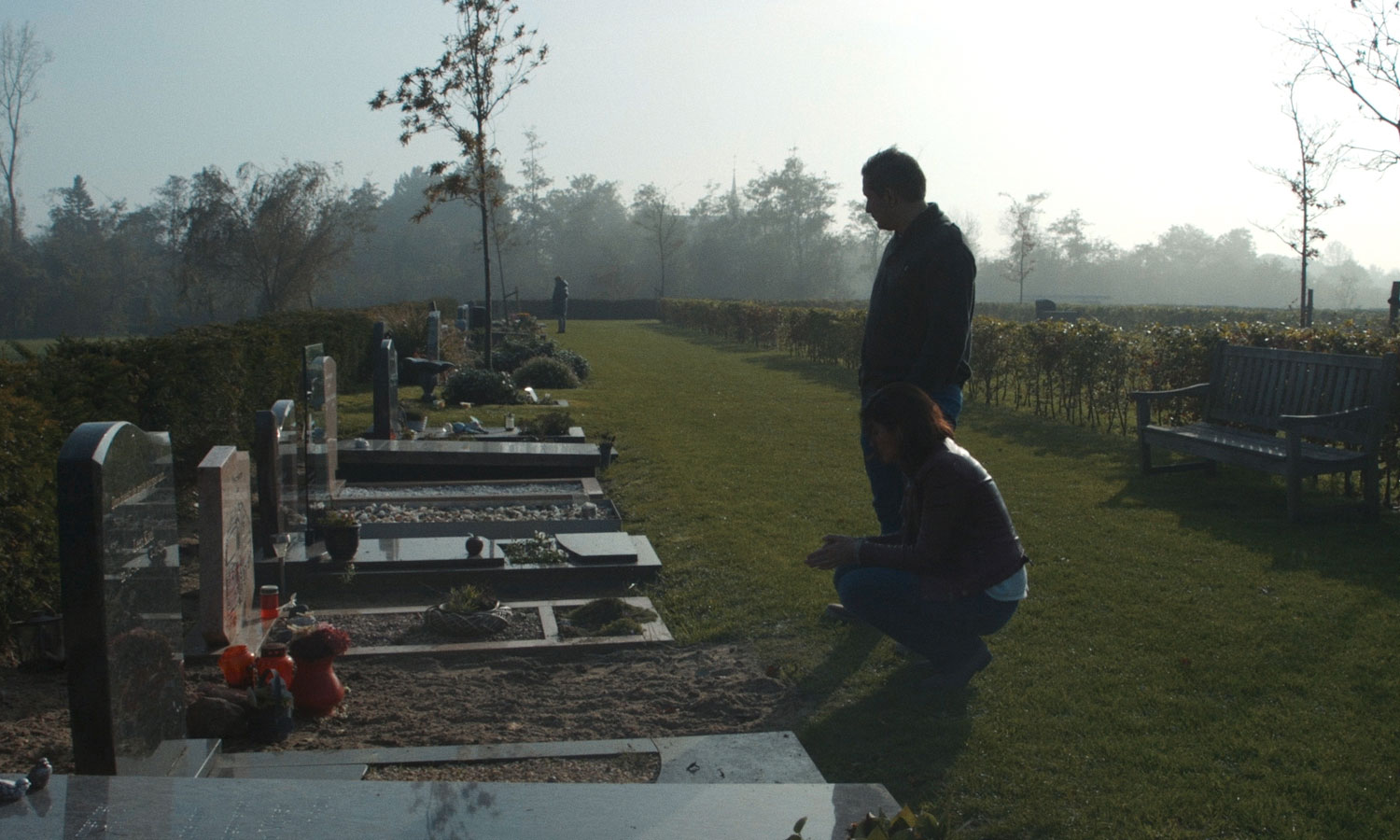Film Festival review: The Exiles
This controversial documentary tells the story of a bleak yet important chapter in Indonesia’s history.


The Exiles opens with a passage about scattered graves. This really sets the tone for the whole film – a story about people who, against their will, were dispersed throughout the world, fated to die in faraway lands and be buried in foreign cemeteries.
These people are the titular “exiles”: Indonesians who had their citizenship revoked, leaving them stranded and stateless because they happened to be abroad during the PKI (Partai Komunis Indonesia / Indonesian Communist Party) turmoil in 1965.
On the night of September 30, 1965, six of Indonesia’s top army generals were murdered and their bodies thrown down a well. Without conclusive proof, the army hastily blamed the coup attempt (known today as the 30 September Movement, or “G30S”) on the PKI and began a nationwide anti-Communist propaganda campaign, where PKI members and sympathisers were massacred. The death toll was estimated to reach 500,000 people.
Those who weren’t killed were either humiliated or ostracised. The film’s subjects are of the latter category, stranded mainly across European countries such as the Netherlands, Czech Republic, Sweden, Romania and Albania. Because of their affiliation with PKI, these people had their passports cancelled, leaving them unable to return to Indonesia. Most of them are still forsaken today, nearly 60 years after the G30S tragedy.
The filmmakers went on a trip to Europe to visit the exiles in person and interview them in their countries of residence. Throughout the film, we see them tell their stories to the camera against the backdrop of their homes, where there are stacks of books, mementoes of Indonesia such as medals and expired passports, and framed photographs of family members whom they haven’t seen in years, even decades.
In nearly every scene, there’s a palpable sense of loneliness and alienation emanating through the screen.
The documentary also utilises historical footage from sources such as the ANRI (Arsip Nasional Republik Indonesia / The National Archives of the Republic of Indonesia). Additionally, scenes for which there was no available footage are depicted using animation.

Many of the exiles were fated to die in faraway lands. Photo: supplied
Some of the men featured died before the film production was finished. Even those who endured long enough to make it home found the homeland they knew no longer existed. Some were turned away by their families, due to fear of being seen as Communist sympathisers. Another was arrested and interrogated by the police without reason.
Today, the hammer and sickle remains a symbol of fear among Indonesians. This is felt even by those who were born decades after the tragedy happened. The scars remain in Indonesia’s collective unconscious.
After The Exiles’ first screening at the Adelaide Film Festival, there was a Q&A with producer Sari Delyani Mochtan. She said that while the filmmakers obtained hundreds of names during their research process, only 10 exiles agreed to be filmed. Out of fear, some of the film crew also asked to be omitted from the credits.
Mochtan also said that, while The Exiles has been screened in Yogyakarta during the Jogja Asian Film Festival (JAFF), it hasn’t yet made it onto commercial cinema screens in Indonesia. To make the pond more muddled, Indonesia will be holding a presidential election in February next year. This makes the distribution of this film, with its inherently political and controversial nature, even more complicated.
Due to these circumstances, The Exiles may not make it to Indonesian commercial cinema at all. It’s a privilege to be able to watch it at the Adelaide Film Festival.
Regardless of political affiliation, this film is an important documentation of an unsolved problem in Indonesia’s history – a chapter that, though bloody and blemished, must be remembered so it may not be repeated. Will the exiles ever find reconciliation?
The Exiles is showing again on October 24 at the Mercury Cinema, and is screening as part of the 2023 Adelaide Film Festival’s Spotlight on Indonesia program, in partnership with the OzAsia Festival. Read more Film Festival stories and reviews here.
Aushaf Widisto is The Mill’s current writer in residence. This article was contributed through The Mill’s writer-in-residence program. For more information on the program, see here.
This article is republished from InReview under a Creative Commons licence. Read the original article.
InReview is an open access, non-profit arts and culture journalism project. Readers can support our work with a donation. Subscribe to InReview’s free weekly newsletter here.
![]()




